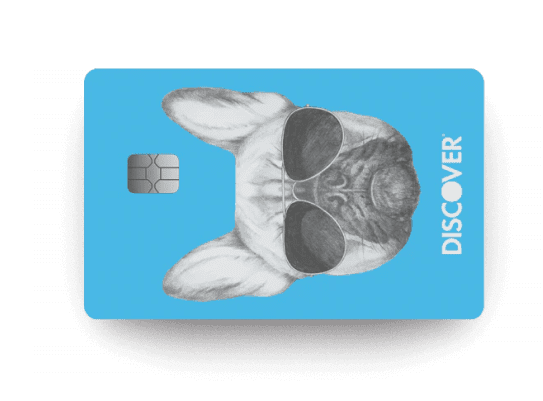Many people have credit cards, but not everyone understands the definition of a credit card and how it’s different from a debit card, or how credit cards work. There are also questions about how interest works on a credit card, different types of cards, and how to apply for a card. When you know the answer to some of the most common questions about credit cards, you could make better financial decisions.

Credit Card Definition and Facts
9 min read
Last Updated: February 27, 2025
Next steps

See if you're pre-approved

View all Discover credit cards
See rates, rewards and other info
You may also be interested in
Was this article helpful?
Was this article helpful?




